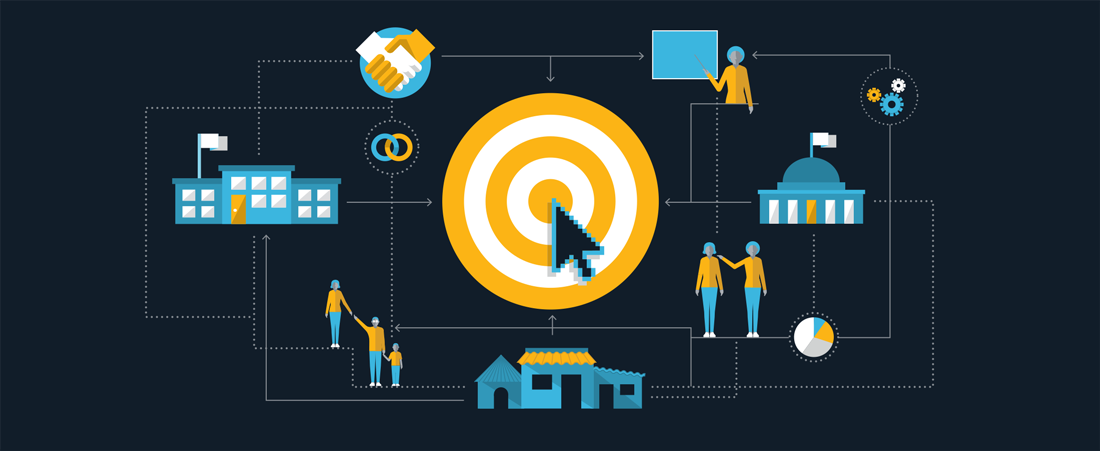
EDC’s projects are informed by our expertise in dissemination and implementation science, as well as by the experiences and wisdom of program staff and community members. We are skilled in identifying, addressing, and overcoming barriers to implementation that impede uptake, delivery, and dissemination of best practices.
In countries around the world, we have successfully implemented youth development, literacy, and health initiatives and worked with Ministries of Education and Health to improve school and health programming. In the United States, we support the implementation of evidence-based strategies, both nationally and regionally. We also work with large school districts and health systems on efforts to adopt and sustain effective interventions.
Our collaborative implementation efforts support meaningful improvements in processes and systems.
Projects
Resources
This guide provides an overview of IRI as a methodology, and discusses its feasibility and applicability in a range of contexts.
EDC led the development of this comprehensive toolbox during its leadership of the Center of Excellence for Infant and Early Childhood Mental Health Consultation (IECMHC). The toolbox offers a wide array of interactive planning tools, guides, videos, and other resources to support IECMHC efforts in states, tribes, and communities.
This report describes the results of a randomized controlled study of the Akazi Kanoze 2 workforce development program. The study, which involved more than 1,500 young people during Year 1 of the three-year program, showed the participants were 8 percent more likely to land jobs than youth who did not participate. In addition, the study also showed increased work readiness and increased confidence in job-seeking.
This EDC brief spotlights the challenges that home visiting programs face in recruiting and retaining staff.
This resource offers a brief introduction to prescription drug monitoring programs (PDMPs), highlighting how practitioners can use PDMP data to prevent prescription drug misuse in their states and communities.
This 2-page document summarizes the successes of the Decentralized Basic Education Program Objective 2, which helps communities improve their schools, teachers improve their teaching, and students
This paper describes the work of the Home Visiting Collaborative for Improvement and Innovation Network (HV CoIIN).
This 11th edition is an update to the toolkit, which was developed for self-study teams of leader preparation program providers, state and district partners, and other stakeholders taking part in W
This study reviews student assessment data collected from 15 EDC projects to determine the impact of interactive radio instruction (IRI) on student achievement in hard-to-reach areas.
This report presents detailed descriptions of five guidelines for schools and districts to consider as they draw upon interactive mobile technologies to promote students’ mathematical thinking.